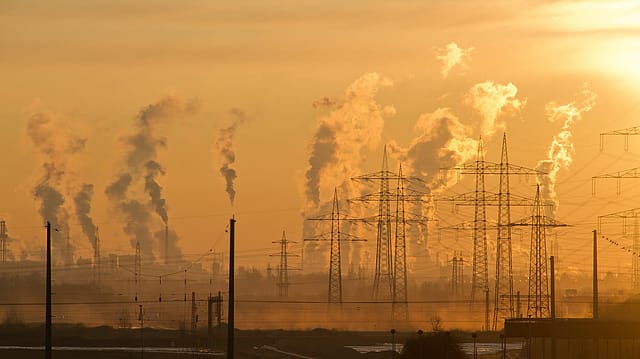Budget allocates ₹4,400 crore for clean air
ADVERTISEMENT

To tackle one of the most pressing environmental issues in the country today, finance minister Nirmala Sitharaman in Budget 2020 allocated ₹4,400 crore for cleaning the air in major cities with a population of a million and more.
The finance minister said in such cities, clean air is a matter of concern. She said the government will encourage states with such cities that are formulating and implementing plans for ensuring cleaner air. Further details will be notified by the ministry of environment and climate change, Sitharaman said in her Budget speech on Saturday.
People in most big Indian cities are forced to breathe toxic air with the air quality index (AQI) touching as much as 1,000; many times worse than the breathable quality in New Delhi late last year. A recent report State of Global Air by the Institute for Health Metrics and Evaluation’s Global Burden of Disease project and the Health Effects Institute, says fine particulate matter (PM) 2.5 pollution contributed to nearly 3 million early deaths globally in 2017, with more than half of the disease burden falling on people living in China and India.
The “major PM2.5 sources in India include household burning of solid fuels; dust from construction, roads, and other activities; industrial and power plant burning of coal; brick production; transportation; and diesel-powered equipment”, the report said. Last year, the government had launched a National Clean Air Programme (NCAP). A national target of 20%-30% reduction of PM2.5 and PM10 concentration by 2024 was proposed under the NCAP.
Sitharaman also allocated ₹2,955 crore to the ministry of environment, forests and climate change, and announced the closure of old thermal plants with carbon emissions above permissible levels.
“There are yet, thermal power plants that are old and their carbon emission levels are high. For such power plants, we propose that utilities running them would be advised to close them if their emission is above the pre-set norms. The land so vacated can be put to alternative use,” she said.
She also said India is meeting its Paris Climate goals on a “best-effort” basis, keeping in mind the development imperative of the country.
“Its implementation effectively begins on January 1, 2021. Our commitments as action will be executed in various sectors by the departments/ministries concerned through the normal budgeting process,” she said.